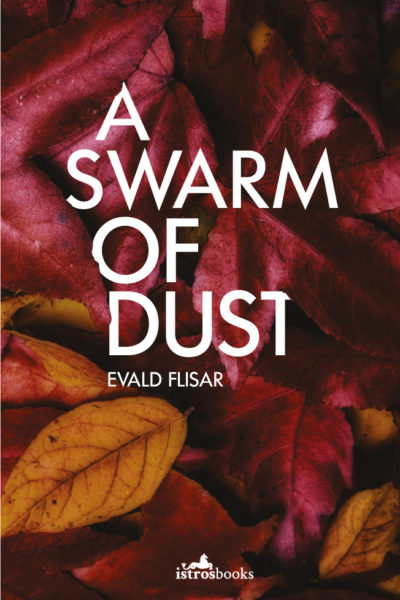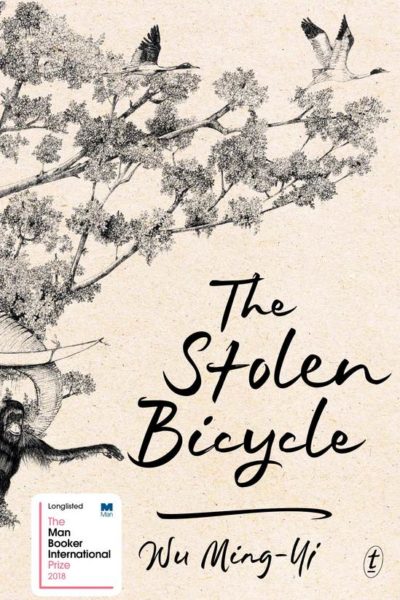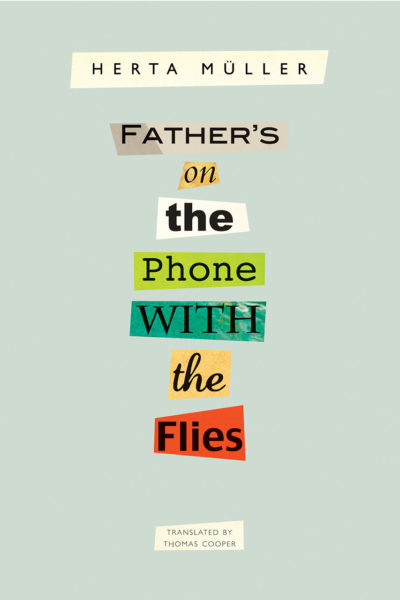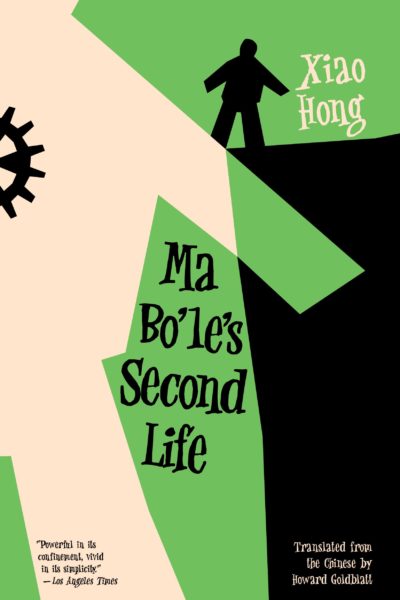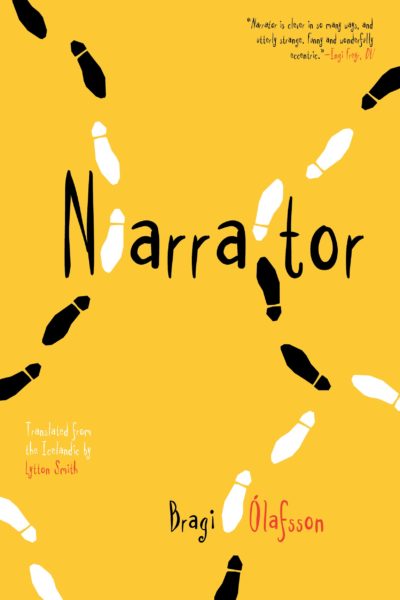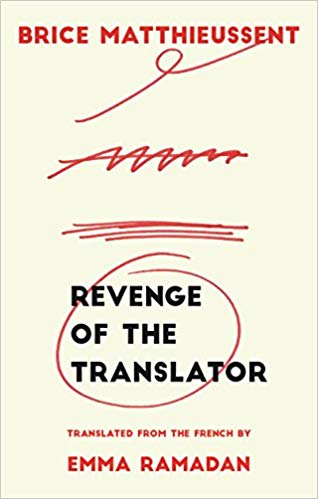The Oblique Place – Caterina Pascaul Söderbaum
Don’t be fooled that this is a story about discovery. It is instead about trying to accommodate what’s been discovered.
A Swarm of Dust – Evald Flisar
To what extent can we indeed plausibly claim to be focusing our attention on the text itself when the context needed to make the text fully intelligible might be missing?
The Stolen Bicycle – Wu Ming-Yi
How amazing it is, I thought, while flipping through book after book after book after zine after book, that I am here with THE STOLEN BICYCLE in my backpack, that we are in 2018 and still use paper, ink, and energy to capture, print, and sell random people’s precious moments of the past.
Although Revueltas was a committed Marxist throughout his life, THE HOLE is not a political novel in the ordinary sense.
An Untouched House – Willem Frederik Hermans
The square book fits easily into a jacket pocket, but the ninety-nine pages of narrative are so explosive as to make one feel like you’re smuggling a weapon.
Father’s on the Phone with the Flies – Herta Müller
In Müller’s work, emigration is often accompanied by violence, physical, emotional or intellectual. Texts and language reflect this violence.
Ma Bo’le’s Second Life – Xiao Hong
The reader will have to decide if it is ok to do the wrong thing for the right reason or the right thing for the wrong reason or the right thing for the right reason or the wrong thing for the wrong reason.
I submit that playing along once in a while with games like Olafsson’s, games about the game of fiction, can be a useful reminder of how fiction works on us.
Revenge of the Translator – Brice Matthieussent
You could also say that it was her most transgressive, subversive move to forego revenge, content instead to disappear.
The American Soldier in Arab Novels
Iraqi writers, by and large, have created worlds where the soldier’s perspective, either Iraqi or foreign, isn’t primary.



